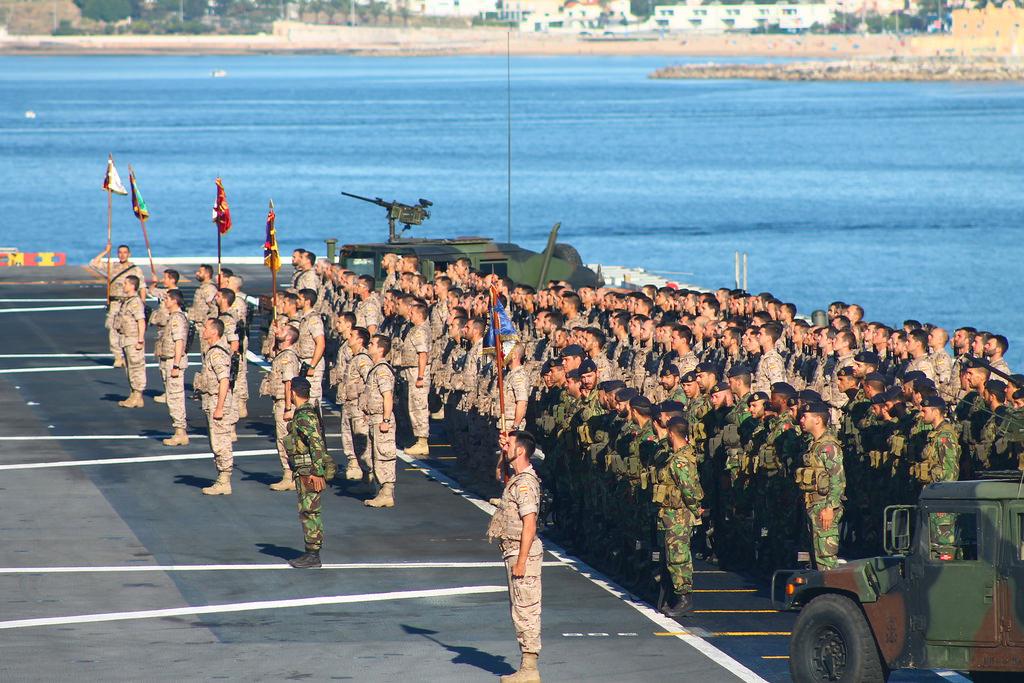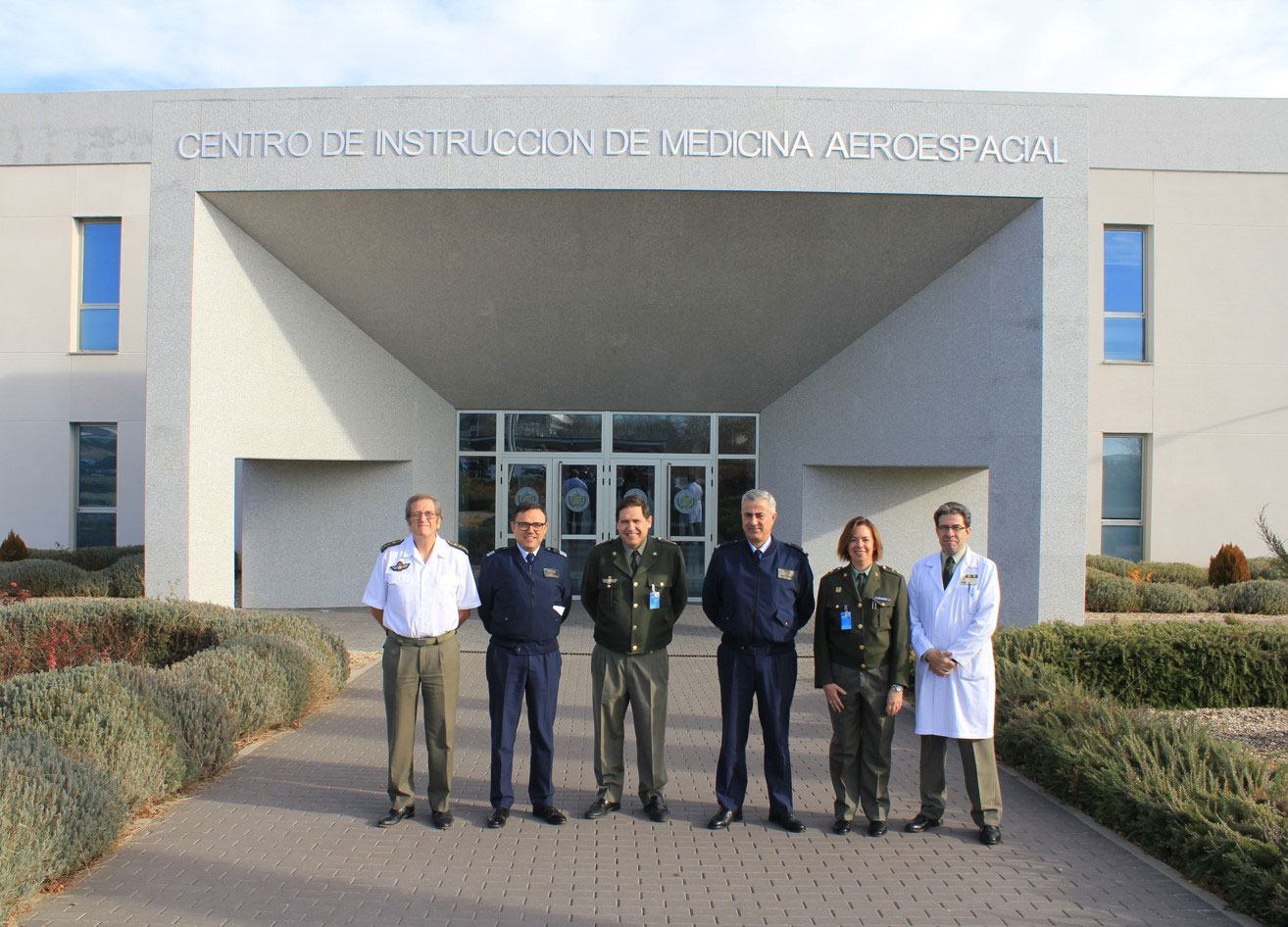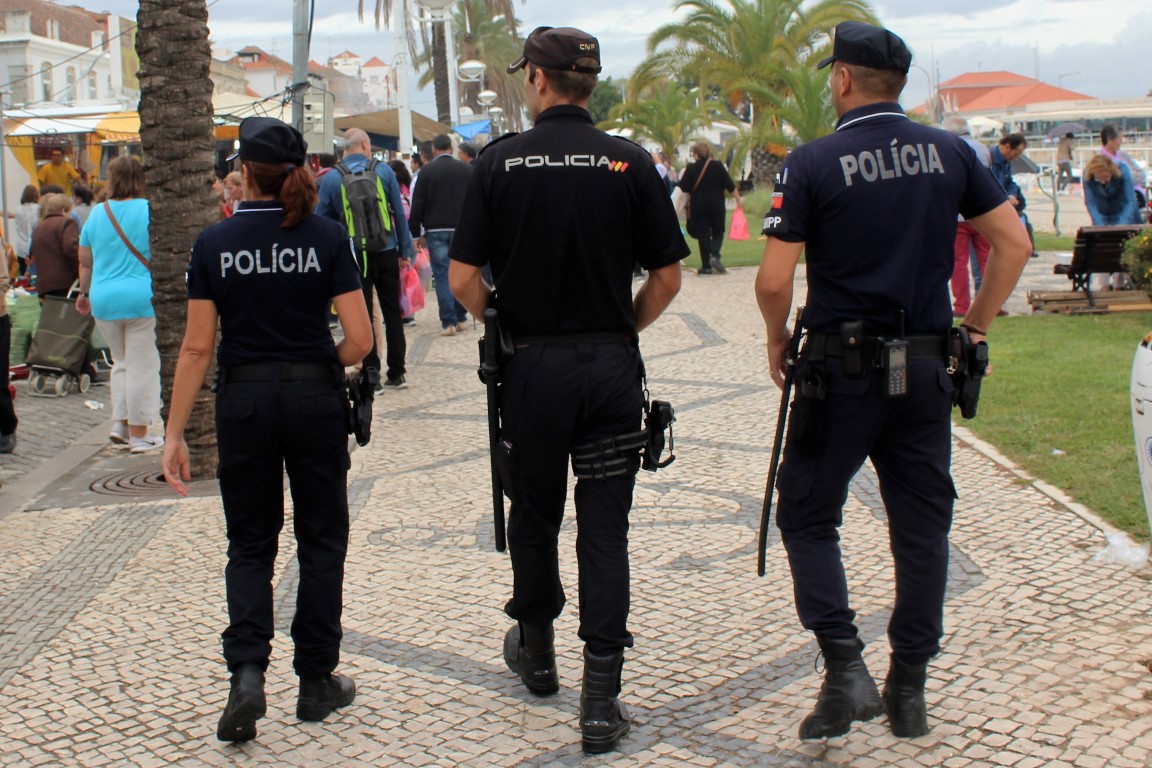Re: BREXIT vence, UK deixa a União Europeia
Enviado: Qui Jan 04, 2018 9:11 am
The European Commission yesterday welcomed the decision adopted today by the European Council formally establishing Permanent Structured Cooperation (PESCO).

Also announced were plans presented by 25 EU Member States to work together on a first set of 17 collaborative defence projects.
Juncker has been calling for a stronger Europe on security and defence since his election campaign, saying in April 2014:
“I believe that we need to take more seriously the provisions of the existing Treaty that allow those European countries who want to do this to progressively build up a common European defence. I know this is not for everybody. But those countries that would like to go ahead should be encouraged to do so. Pooling defence capacities in Europe makes perfect economic sense.”
He added:
“In June I said it was time to wake up the Sleeping Beauty of the Lisbon Treaty: permanent structured cooperation. Six months later, it is happening. I welcome the steps taken today by Member States to lay the foundations of a European Defence Union. Europe cannot and should not outsource our security and defence.
The European Defence Fund that the European Commission proposed will complement these efforts and act as a further incentive for defence cooperation – including potential funding for some of the projects presented today.”
PESCO is designed as an instrument in the EU Treaty to enable willing Member States to pursue greater cooperation in defence and security.
Officials have earmarked 17 joint projects that will fall under the scope of the PESCO agreement. These include establishing a pan-European military training centre, improving capability development and even introducing common standards for military radio communication.
Germany is to take the lead on four projects: the creation of a pan-European medical unit, a logistics hub, a centre for training missions and an initiative to build up faster crisis response forces.
Building on the Commission’s White Paper on the Future of Europe, the reflection paper launching a public debate on how the EU at 27 might develop by 2025 in the area of defence, and his speech at the Defence and Security Conference in Prague, in his State of the Union address on 13 September 2017 President Juncker made the case for creating a fully-fledged European Defence Union by 2025.
The United Kingdom will not be involved.
https://ukdefencejournal.org.uk/europea ... take-part/

Also announced were plans presented by 25 EU Member States to work together on a first set of 17 collaborative defence projects.
Juncker has been calling for a stronger Europe on security and defence since his election campaign, saying in April 2014:
“I believe that we need to take more seriously the provisions of the existing Treaty that allow those European countries who want to do this to progressively build up a common European defence. I know this is not for everybody. But those countries that would like to go ahead should be encouraged to do so. Pooling defence capacities in Europe makes perfect economic sense.”
He added:
“In June I said it was time to wake up the Sleeping Beauty of the Lisbon Treaty: permanent structured cooperation. Six months later, it is happening. I welcome the steps taken today by Member States to lay the foundations of a European Defence Union. Europe cannot and should not outsource our security and defence.
The European Defence Fund that the European Commission proposed will complement these efforts and act as a further incentive for defence cooperation – including potential funding for some of the projects presented today.”
PESCO is designed as an instrument in the EU Treaty to enable willing Member States to pursue greater cooperation in defence and security.
Officials have earmarked 17 joint projects that will fall under the scope of the PESCO agreement. These include establishing a pan-European military training centre, improving capability development and even introducing common standards for military radio communication.
Germany is to take the lead on four projects: the creation of a pan-European medical unit, a logistics hub, a centre for training missions and an initiative to build up faster crisis response forces.
Building on the Commission’s White Paper on the Future of Europe, the reflection paper launching a public debate on how the EU at 27 might develop by 2025 in the area of defence, and his speech at the Defence and Security Conference in Prague, in his State of the Union address on 13 September 2017 President Juncker made the case for creating a fully-fledged European Defence Union by 2025.
The United Kingdom will not be involved.
https://ukdefencejournal.org.uk/europea ... take-part/





